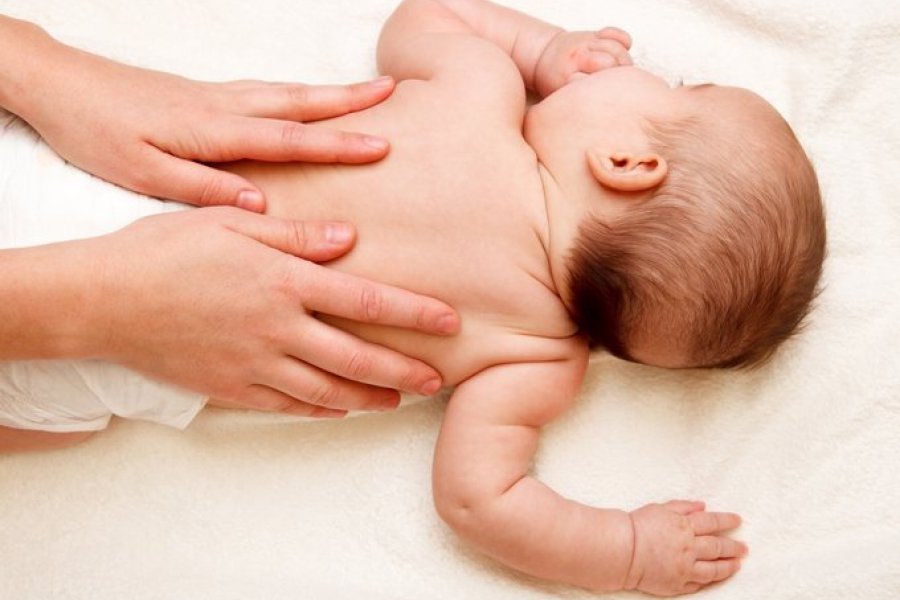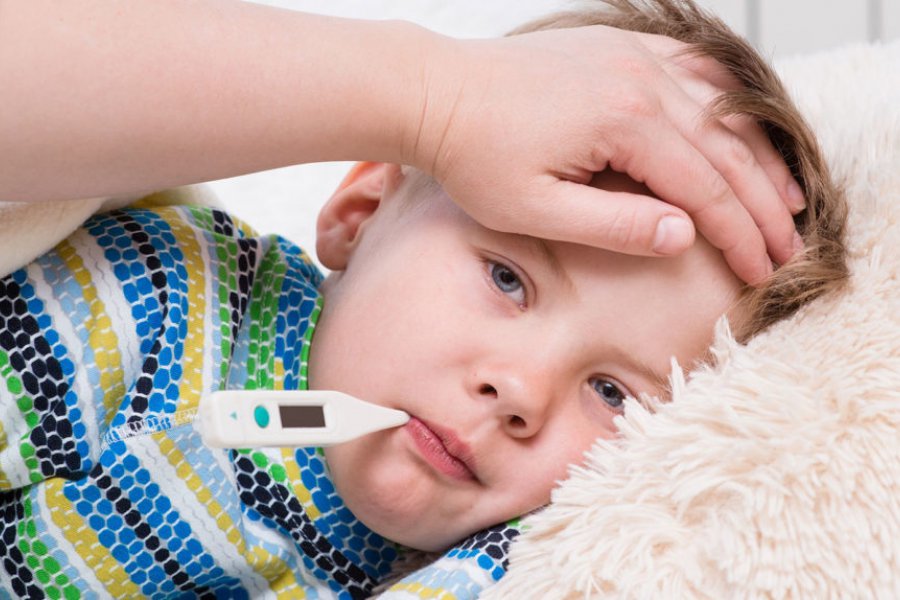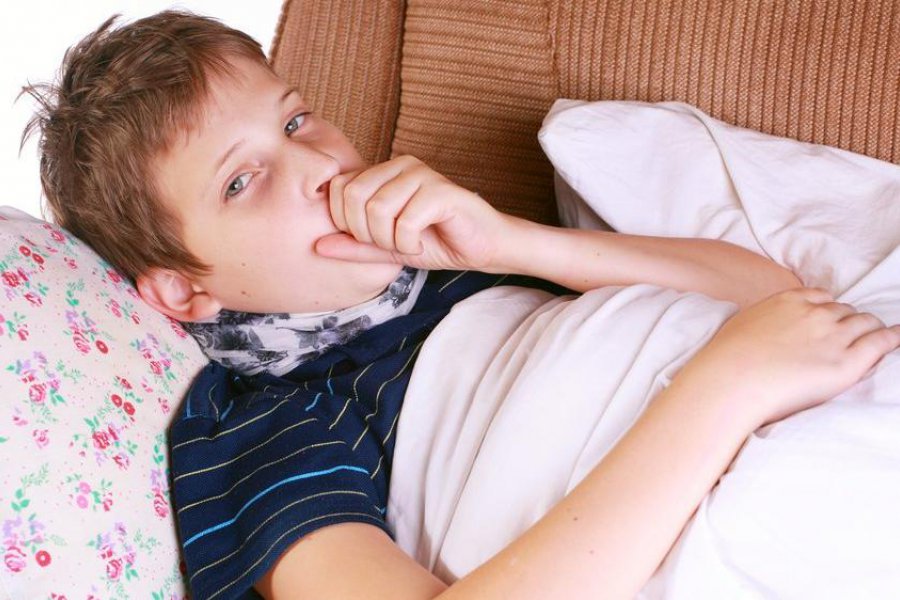Fainting in children
Fainting in children refers to a short-term loss of consciousness. In medical terms, it is called "syncope" and can have many different causes.
Fainting in children refers to a short-term loss of consciousness. In medical terms, it is called "syncope" and can have many different causes. The underlying causes of fainting may vary from child to child, but some common causes include:
Orthostatic (Postural) Hypotension: In this condition, when the child stands up quickly, his blood pressure experiences a sudden drop and therefore he may faint. This condition can frequently occur in hot weather conditions or as a result of standing for long periods of time.
Breathing Problems: Breathing problems can lead to low oxygen levels and fainting. Respiratory problems such as asthma or shortness of breath can cause this condition.
Cardiac (Heart) Causes: Heart problems or irregular heartbeats may be the cause of fainting.
Cyclic Vomiting Syndrome: In this case, children experience recurrent severe vomiting and this vomiting can lead to fainting.
Pain or Stress: Severe pain or intense stress situations can cause fainting, called vasovagal syncope.
Medications: Some medications can cause fainting as a side effect.
Fall or Trauma: Fainting may occur as a result of a blow to the head.
Nutritional Problems: Low blood sugar (hypoglycemia) or inadequate fluid intake can lead to fainting.
In case of fainting, symptoms include the child falling to the ground and losing consciousness. Usually the person who fainted regains consciousness spontaneously, but may feel dizzy or weak for a while after fainting.
Treatment of fainting depends on determining the underlying cause and directing it to treatment. Usually the cause of fainting is temporary and harmless, but it can be a sign of a serious health problem. Therefore, if your child faints, it is important to be evaluated by a healthcare professional.
If your child faints, you can follow these steps:
Have your child sit or lie down in a safe place.
Gently turn his head to one side to prevent saliva from going into his throat.
Loosen any constricting clothing to help him/her take relaxing breaths.
Once the fainting is over, have your child pay attention to their surroundings and get up slowly as they regain consciousness.
If the cause of fainting is thought to be a symptom of a serious health problem, evaluation by a healthcare professional may be necessary.
When fainting recurs or is considered a sign of a serious health problem, it is important to contact a pediatrician or emergency room.






